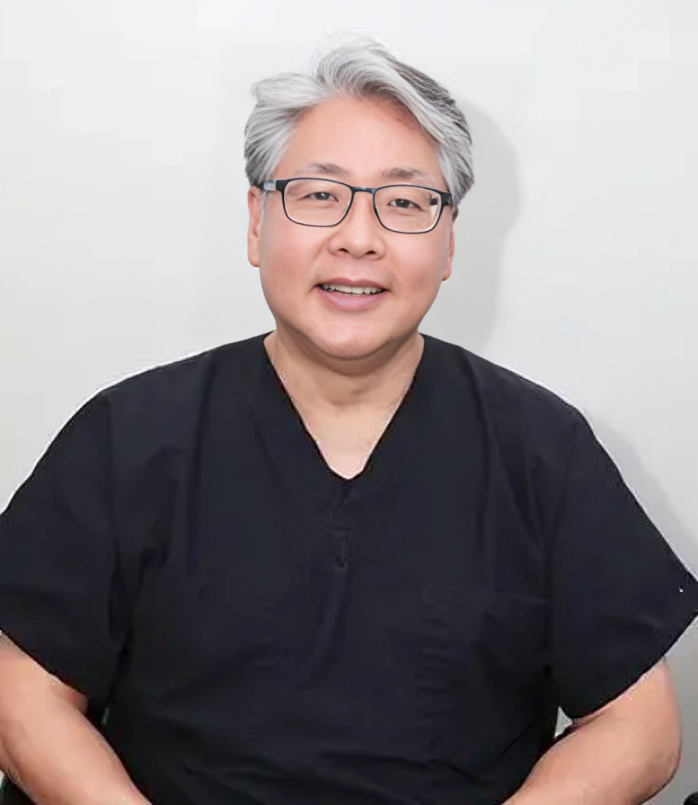As we age, maintaining our oral health becomes increasingly important. Missing teeth can affect not just our smiles but also our overall well-being and confidence. For seniors, dental implants offer a reliable solution to reclaiming that radiant smile and ensuring lasting oral health. Whether you're considering this option for yourself or a loved one, understanding the ins and outs of dental implants is crucial. From their benefits to the types available, let’s dive deeper into how dental implants in Los Angeles CA can transform lives—one tooth at a time.
Understanding Dental Implants and Their Benefits in Los Angeles CA
Dental implants are artificial tooth roots made from biocompatible materials, designed to support replacement teeth. Unlike dentures or bridges, they provide a permanent solution for missing teeth.
- One of the key benefits is their natural appearance and feel. Patients often find that dental implants look and function just like real teeth. This helps restore not only your smile but also your confidence.
- Another significant advantage is durability. With proper care, dental implants can last a lifetime, minimizing the need for replacements or repairs. They also promote healthy jawbone structure by preventing bone loss that often occurs after tooth loss.
- Additionally, these implants improve chewing ability and speech clarity compared to removable options. Many seniors appreciate how easily they can enjoy their favorite foods again without discomfort or worry about slippage during conversations.
Types of Dental Implants Available
When it comes to dental implants, there are several types tailored to meet individual needs.
- The most common option is the endosteal implant. This type is placed directly into the jawbone and serves as a sturdy base for crowns or bridges.
- Another popular choice is subperiosteal implants. These sit on top of the jawbone but beneath the gum tissue, making them suitable for patients with minimal bone height.
- For those who require a more extensive solution, zygomatic implants offer an alternative by anchoring in the cheekbone rather than the upper jaw.
- Mini dental implants also provide versatility. They are smaller in diameter and can be used when space is limited or when traditional options aren't viable.
Each type has its unique advantages, making it essential to discuss your specific situation with a dental professional to determine which option best suits your oral health needs. Contact us now.
The Process of Getting Dental Implants: Consultation to Recovery in Los Angeles, CA
The journey to getting dental implants begins with a thorough consultation. During this appointment, your dentist will assess your oral health and discuss any concerns you may have. X-rays and scans are often taken to evaluate bone density.
Once you’re cleared for the procedure, it’s time for the actual implant placement. This usually involves a minor surgical procedure where titanium posts are inserted into the jawbone. Anesthesia ensures comfort throughout.
After surgery, healing is essential. The osseointegration process can take several months as the bone fuses around the implants. Follow-up visits allow your dentist to monitor healing progress closely.
When healed, abutments are attached to the implants, serving as connectors for crowns or dentures. It’s an exciting stage; soon you'll see your new smile come together! Recovery varies but typically includes some swelling and discomfort that is manageable with prescribed medications.
Who Is a Good Candidate for Dental Implants?
Dental implants can be a transformative solution for many individuals. Good candidates typically include seniors who have lost one or more teeth due to decay, injury, or periodontal disease.
A healthy jawbone is essential for stability. If the bone has deteriorated, procedures like bone grafting may be necessary beforehand.
Candidates should also maintain good oral hygiene and commit to regular dental visits. Chronic conditions like diabetes must be managed effectively, as they can impact healing.
Those with realistic expectations about the process and results tend to fare better in their journey towards improved oral health. Always consult with a qualified dentist in Los Angeles, CA, who specializes in implants to assess individual suitability accurately.
Maintaining Oral Health with Dental Implants: Tips and Tricks
Maintaining oral health with dental implants is key to their longevity.
- Start with a diligent daily routine. Brush twice a day and floss regularly to keep your mouth clean.
- Regular check-ups are essential. Schedule visits with your dentist in Los Angeles, CA, at least twice a year for professional cleanings and thorough examinations. This can help catch any issues early on.
- Consider using an antimicrobial mouthwash as well; it aids in reducing bacteria that could affect both natural teeth and implants.
- Diet plays a significant role, too. Opt for nutrient-rich foods that support gum health while avoiding excessive sugars that can lead to decay.
- Be mindful of habits like grinding or clenching your teeth, which can put unnecessary pressure on implants. A custom nightguard may offer protection if you find yourself doing this during sleep.
Overcoming Common Concerns About Dental Implants in Seniors
- Many seniors worry about the pain associated with dental implants. The truth is, most procedures are completed under local anesthesia or sedation. This means discomfort during the process is minimal.
- Another common concern revolves around healing time. While it’s true that recovery varies, many find they can return to normal activities within a few days. Following proper aftercare can significantly speed up this process.
- Cost often weighs heavily on decisions, too. Dental insurance may cover part of the expense for implants, and many clinics in Los Angeles offer financing options to ease financial stress.
- Some seniors fear that their age makes them unsuitable candidates for implants. However, age alone isn’t a disqualifier; overall health plays a more critical role in determining eligibility for this life-changing procedure. You're never too old to improve your smile and boost confidence!
Conclusion: Improving Quality of Life with Dental Implants
Dental implants can significantly enhance the quality of life for seniors. They provide not just a solution to missing teeth, but also a renewed sense of confidence and comfort when eating, speaking, and smiling. With proper care, these implants can last many years or even a lifetime.
For those considering dental implants by our dentists in Los Angeles, CA, understanding the process and benefits is crucial. The right dental professional will guide you through every step—from consultation to recovery—ensuring that your experience is seamless and reassuring.
Investing in dental health with implants means investing in overall well-being. Improved oral health leads to better nutrition and social interactions, which are vital as we age. As such solutions become more accessible within senior communities across Los Angeles, embracing this option could be one of the best decisions for maintaining vibrant oral health as time goes on.
If you're looking to improve your smile while enhancing your daily life experiences through effective treatments like dental implants, now might be the perfect time to explore this transformative path further. Call our Los Angeles, CA dentist to learn more.
Visit Kawata Dental Inc. at 12211 W Pico Blvd, Los Angeles, CA 90064, or call (310) 826-6123 to discover how dental implants can restore your oral health and enhance your quality of life.



